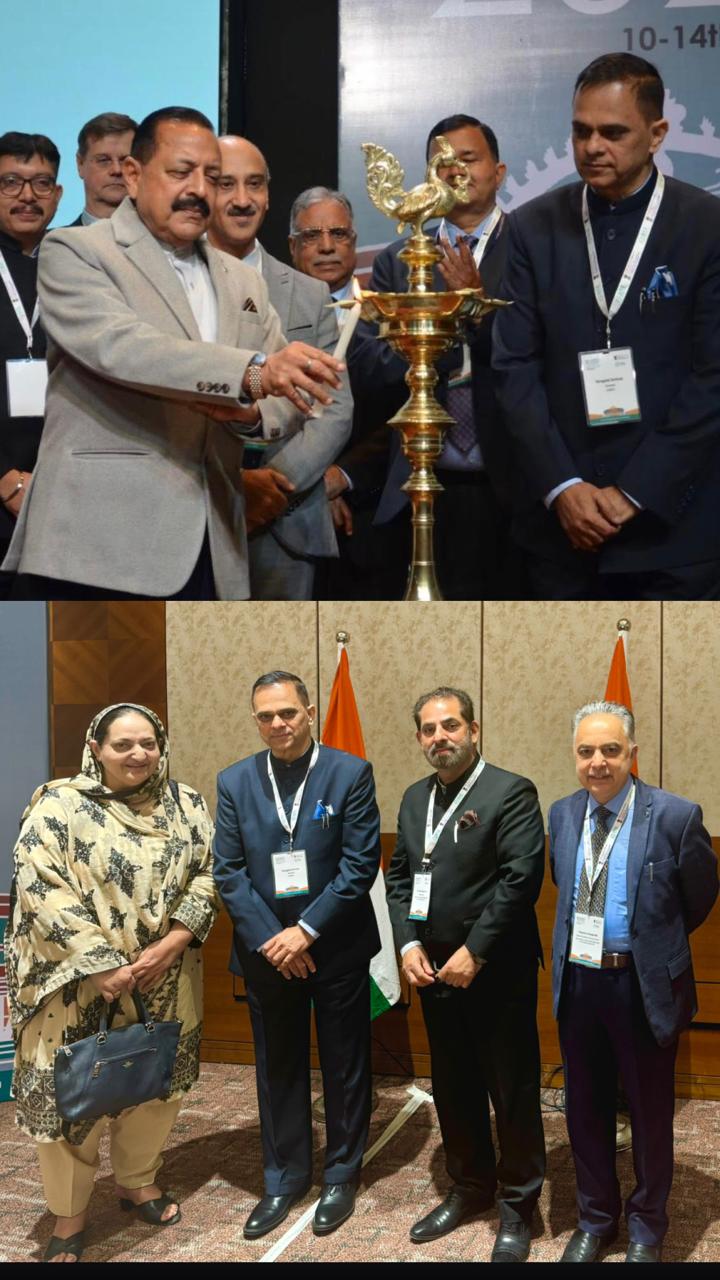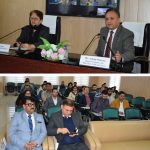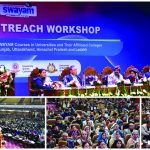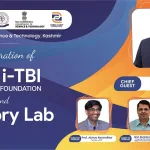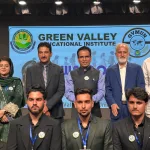New Delhi, Feb 15: The IIAS-DARPG India International Conference 2025, convened in New Delhi, concluded here today with senior policymakers, administrators and experts from 55 countries discussing the future of governance.
Inaugurated by Union Minister, Dr. Jitendra Singh, the prestigious event focused on innovative strategies to redefine public administration and last-mile service delivery under the theme “Next-Generation Administrative Reforms: Reaching the Last Mile.”
Jammu and Kashmir was represented by Secretary ARI & Trainings, Shabnam Shah Kamili; Secretary Technical ARI & Trainings, Dr. Abdul Kabir Dar and Tasaduq Hussain Mir, Special Secretary, ARI & Trainings Department.
The conference served as a vital platform for knowledge exchange, addressing critical governance priorities such as empowering citizens by strengthening last-mile service delivery for more inclusive and accessible governance, leveraging technology through artificial intelligence, digital tools and automation.
With over 350 research papers presented, the mega event facilitated in-depth discussions on administrative modernisation, policy resilience and best practices, fostering global collaboration among governance leaders.
Delegates from various regions spread across the globe actively participated in the five day event, contributing towards discussions on governance innovation.
Reflecting on the conference’s impact, Dr. Abdul Kabir Dar highlighted the significance of integrating digital advancements and global best practices into governance frameworks. “This forum has provided invaluable insights into global best practices in administration explaining how technology and innovation can drive administrative efficiency and enhance citizen-centric governance. The discussions and collaborations here will help shape more transparent, inclusive and effective public service delivery mechanisms”, he added.
The IIAS-DARPG India International Conference underscored the need for data-driven decision-making, technology-enabled governance and resilient policy frameworks to meet the evolving demands of public administration. The event’s takeaways will contribute towards shaping next-generation governance models that prioritise efficiency, accountability and citizen engagement.


